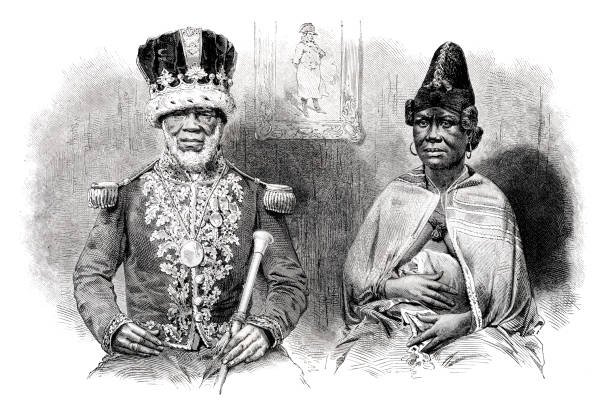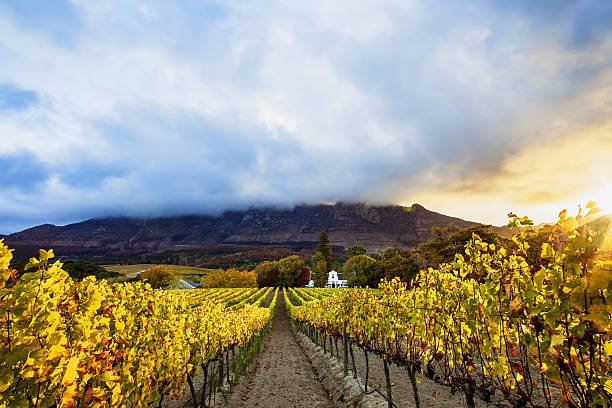The Role of Traditional Authorities in the Promotion of Democracy in South Africa:
What is Referred to as Traditional Authorities
Traditional authorities are leaders or chiefs who play a significant role in the governance and administration of rural communities in South Africa. They are responsible for upholding cultural customs and traditions, resolving disputes, and promoting the welfare of their communities.
Historically, traditional authorities have played a critical role in the lives of rural South Africans, providing leadership, guidance, and support to their communities. With the advent of democracy, the role of traditional authorities has been formalized, and they have been recognized as important stakeholders in local governance and development.
Today, traditional authorities work closely with local and provincial governments to promote the interests of their communities, and to ensure that their voices are heard in decision-making processes. They play a critical role in promoting social cohesion, resolving conflicts, and protecting cultural heritage.
Video: Traditional Authority
Despite their importance, traditional authorities have faced criticism from some quarters, with some arguing that they are undemocratic and out of touch with modern society. However, many South Africans continue to value the role of traditional authorities in their communities, and see them as an important source of leadership and support in their daily lives.
The Role of Traditional Authorities in the Promotion of Democracy in South Africa
Traditional authorities have played an important role in the promotion of democracy in South Africa, particularly in the areas of local governance, conflict resolution, and the protection of cultural heritage.
- Local governance: Traditional authorities have historically played a significant role in local governance in rural areas of South Africa, where they have provided leadership and governance structures that are deeply rooted in the local culture and customs. With the advent of democracy, traditional authorities have been formally recognized as important stakeholders in local governance, and have been given a greater role in the management and administration of local affairs. This has helped to ensure that local communities have a voice in decision-making processes, and that their interests are taken into account in the development and implementation of local policies and programs.
- Conflict resolution: Traditional authorities have a long history of resolving disputes and conflicts within their communities, using traditional methods of mediation and arbitration. In the post-apartheid era, traditional authorities have continued to play an important role in conflict resolution, particularly in areas where there is tension between different cultural groups. Traditional authorities have helped to mediate disputes between local communities and the government, as well as between different cultural groups, and have been instrumental in promoting peaceful coexistence and social harmony.
- Protection of cultural heritage: Traditional authorities have an important role to play in the protection of South Africa’s cultural heritage, particularly in areas where there are significant cultural and historical sites. Traditional authorities have worked with government and civil society organizations to protect cultural heritage sites, promote cultural tourism, and ensure that local communities are involved in the preservation and management of cultural resources.
Overall, the role of traditional authorities in the promotion of democracy in South Africa has been significant, particularly in the areas of local governance, conflict resolution, and the protection of cultural heritage. By recognizing and supporting the role of traditional authorities in these areas, South Africa can continue to build a more democratic and inclusive society, in which all citizens have a voice and a stake in the future of the country.




